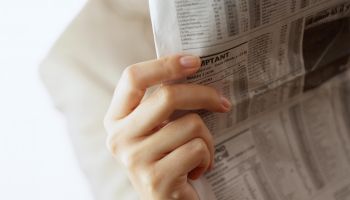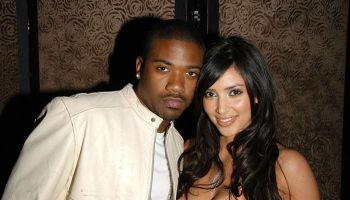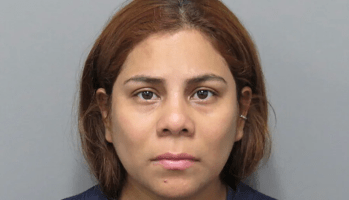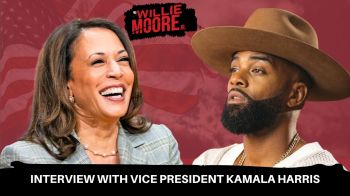John Kerry’s Mission To Save Diplomacy:
ou can see it in everything he attempts to do around the globe, every conflict he wades into, every crisis he refuses to concede. And as John Kerry prepares to step down as secretary of state next month, he will carry it with him just as he has for 50 years: a deep-seated belief that America — and, indeed, he — can solve some of the world’s thorniest problems with the right mix of politics, diplomacy, perseverance and personal charm.
Obama Explains Why His Mom’s Parenting Style Worked:
As he prepares to leave the Oval Office after eight years, President Barack Obama recently reflected on the role his mother played on him becoming commander-in-chief, and how one of her biggest influences were her lessons on love.
Mall Mayhem: Fights Break Out Across The US:
Massive brawls and food-court fights played out at more than a dozen malls across the country in what proved to be a chaotic day after Christmas.
Hatchimals Hatch Into Duds For Some On Christmas:
Hatchimals, perhaps the most sought after toy of the holiday shopping season, left some parents and kids frustrated on Christmas morning.
Parents lucky enough to get their hands on the item, which was largely sold out in stores for weeks, are complaining the product doesn’t hatch.
The toy “hatches” from an egg when children knock, tap, or rub on the shell after about 30 minutes of playtime. The Hatchimal inside responds with lights and sounds and eventually hatches into a creature kids can talk and engage with.
“Unfortunately, with toys that incorporate a high level of technology, there are also some cases where the product may not perform as well as expected,” said a spokesperson for Spin Master, Hatchimals’ parent company. “We are committed to doing everything possible to resolve these issues.”
Russian Doping Scandal ‘Institutional Conspiracy’:
Russian officials are no longer denying alleged “institutionalized” doping of the country’s athletes during the 2014 Sochi Olympics, a report from The New York Times said. But the Kremlin pushed back against the charge Wednesday.
















